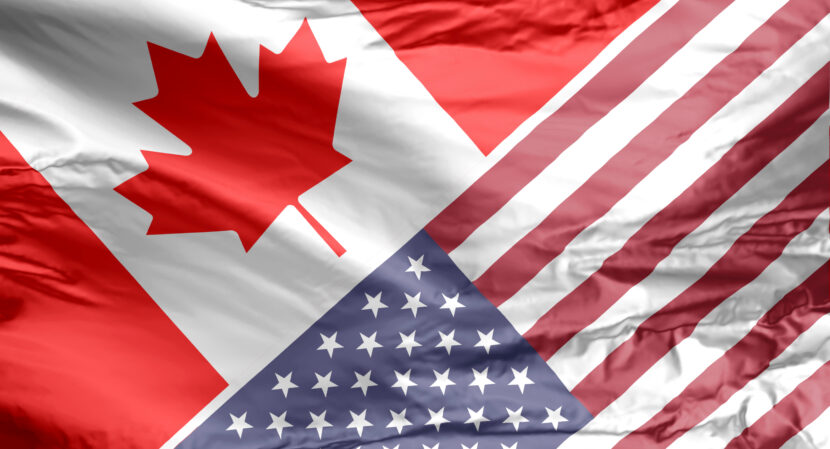TORONTO — Although overall summer travel intentions are strong, interest in U.S.-bound travel this summer is “collapsing,” according to the results of a just-released Leger poll.
The online survey polled 1,537 Canadian residents 18 years and older.
“The U.S tariff backlash is real,” notes Leger, with more than seven in 10 Canadians saying they’re less likely to visit the U.S. throughout 2025 compared to last year.
Domestic tourism intentions are soaring as more Canadians plan local or interprovincial trips, and international travel intentions are up too.
Here’s a look at Leger’s findings, from the May 16 – 19 survey …
- Summer travel intention is surging among Canadians in 2025. Over half (55%) plan to take a leisure trip this summer, which is up significantly from 47% who planned to travel in summer 2024.
- Although overall summer travel intentions are strong, interest in U.S.-bound travel this summer is collapsing. Only 10% plan to travel to the U.S. this summer, down sharply from 23% last year. In contrast, domestic travel intentions are soaring, with 77% of travellers planning to stay within Canada (up from 69% in 2024).
- Canadians are increasingly choosing to explore their own backyard this summer. Compared to before tariffs were introduced, more Canadians are likely to travel within their home province (48% vs. 38% pre-tariffs) or to another Canadian province (42%, up from 30%). Atlantic Canadians lead in overall domestic travel intent this summer (94%), especially for trips outside their provinces (60%).
- The U.S tariff backlash is real. Three-quarters (75%) of Canadians who were planning a trip to the U.S. say the tariff announcements have influenced their plans, and over half (56%) who had planned to visit the U.S. now intend to travel elsewhere.
- Canadians’ decisions to avoid U.S. travel are being driven by more than just tariffs. While over six-in-10 indicate tariffs (64%) and political tensions (61%) as key concerns, other key factors include safety concerns (47%), poor exchange rate (46%), not feeling welcome (44%), and concerns about border delays (40%).
Despite the overall decline in U.S. travel, some groups remain more likely to follow through with their plans. Albertans lead the way, with 44% of those who had a U.S. trip booked saying they still intend to go. Among those still heading south, the top reasons include a desire to visit the destination (43%), feeling unaffected by the political climate (41%), and visiting family or friends (27%).
The full report can be accessed here.
“NOT A TREMENDOUSLY LARGE IMPACT”
Meanwhile Air Canada CEO Michael Rousseau told CNBC that while the airline’s bookings to the U.S. are still down, they’re trending up relative to where they were earlier this spring.
In a CNBC Market Alert segment, Rousseau said: “Our U.S. bookings over the next six months are down about 10%. The U.S. is about 22% of our overall business. [So for] us it’s not a tremendously large impact.”
At the start of last month, on Air Canada’s Q1 conference call, the airline pegged the drop in U.S. bookings in the low teens.
Rousseau also told CNBC the situation has been improving recently: “What’s happening in the past couple of weeks is that bookings are getting slightly better. Still a negative, but they’re better than negative 10%.”
He added: “I think what a lot of people read [about] is [crossborder] traffic on the roads, which is down more than the air traffic. Business traffic to the U.S. is still strong. It’s primarily leisure traffic that declined, to markets like Florida, Las Vegas, Arizona … those customers are [making their decisions in the wake of] the rhetoric between the two countries, and also the exchange rate.”
Rousseau was asked if Air Canada had adjusted any frequencies, in light of 10% drop in U.S. bookings. “We haven’t cancelled any cities,” he said. “There are seasonal adjustments that we make. Instead of flying a plane that has 165 seats, we night fly a plane that has 130 seats. So we’re still maintaining access to that market, but maybe with a smaller plane, and maybe not 5x a day, maybe 3x or 4x a day. And we put those planes into Canada or the Caribbean.”
Rousseau noted that Air Canada is the biggest carrier that flies into the U.S., to more than 50 cities.


